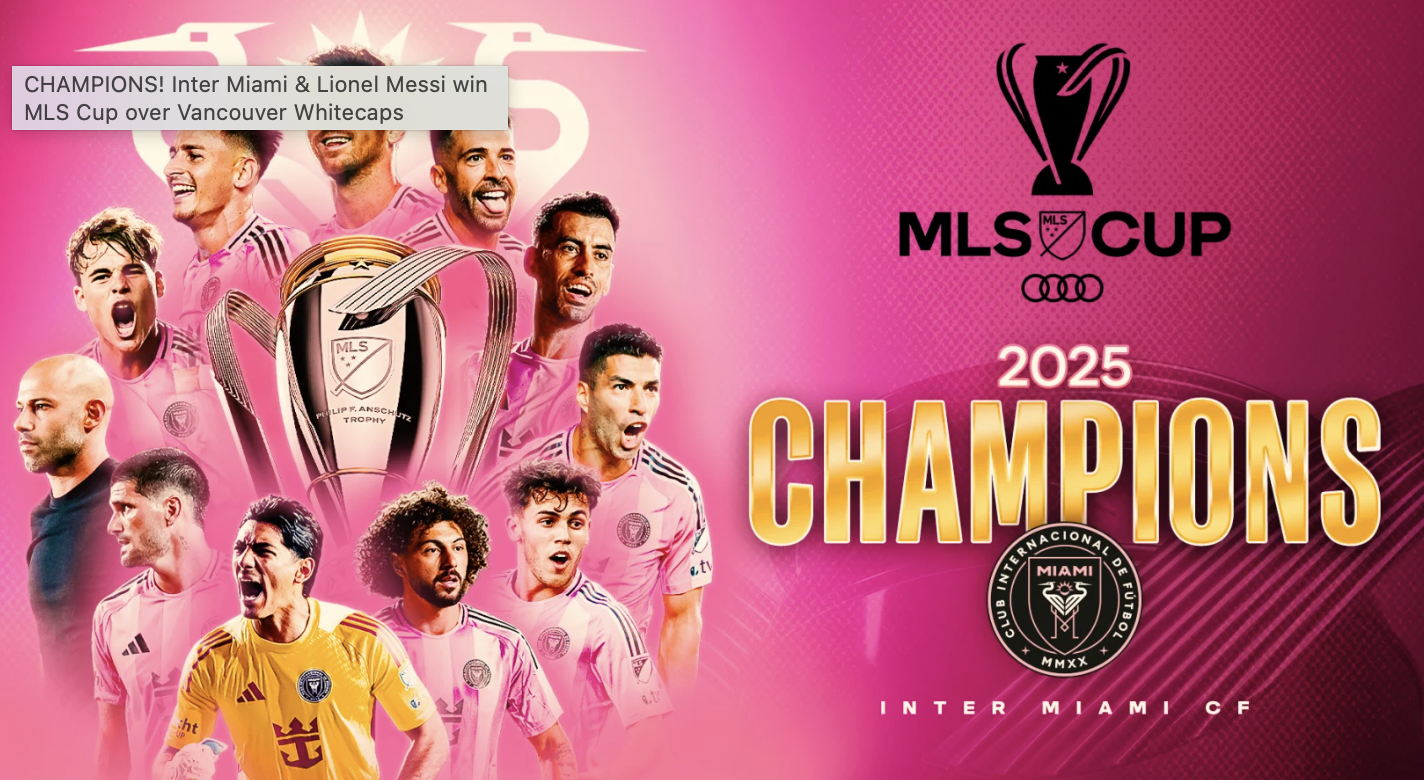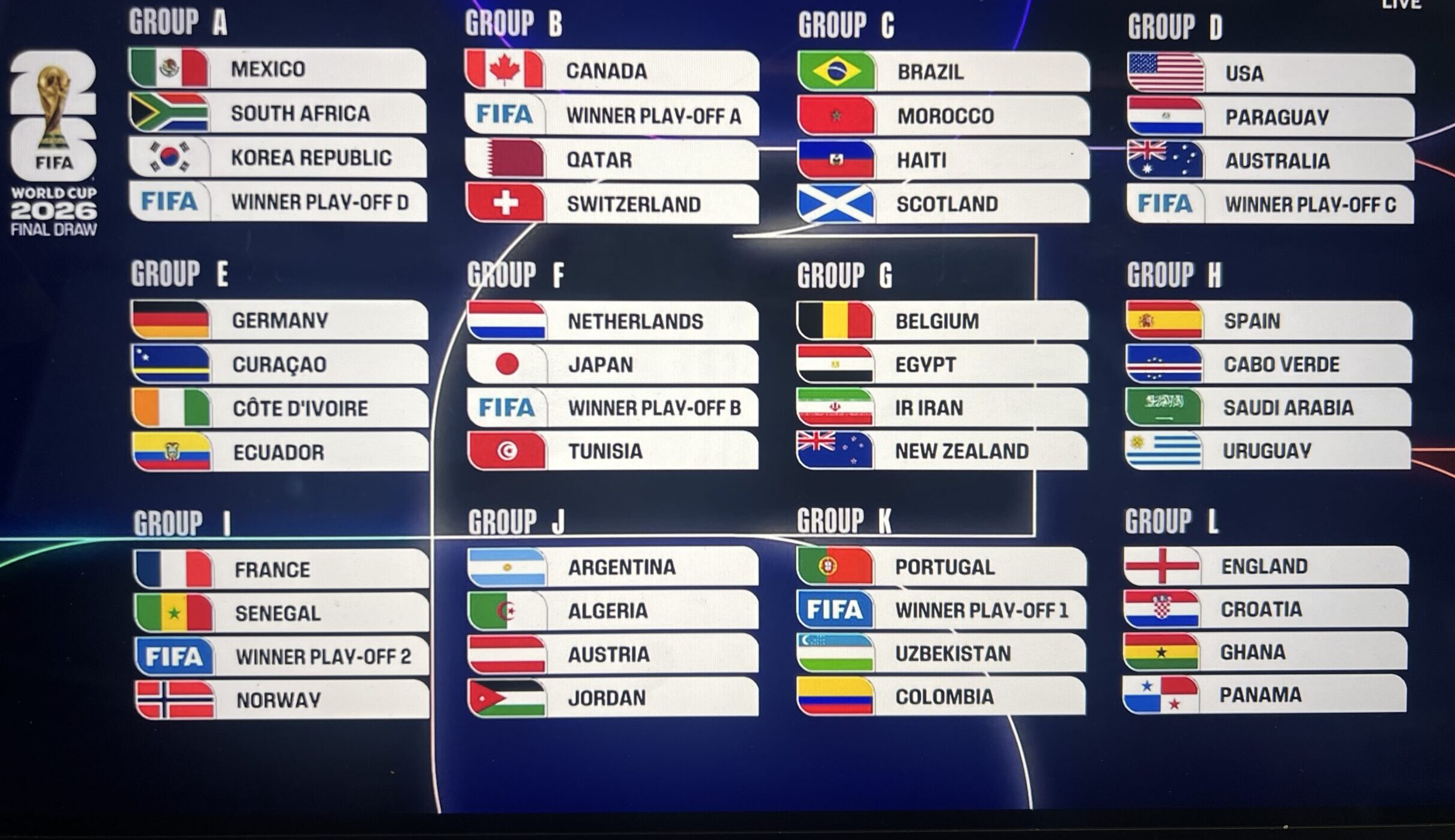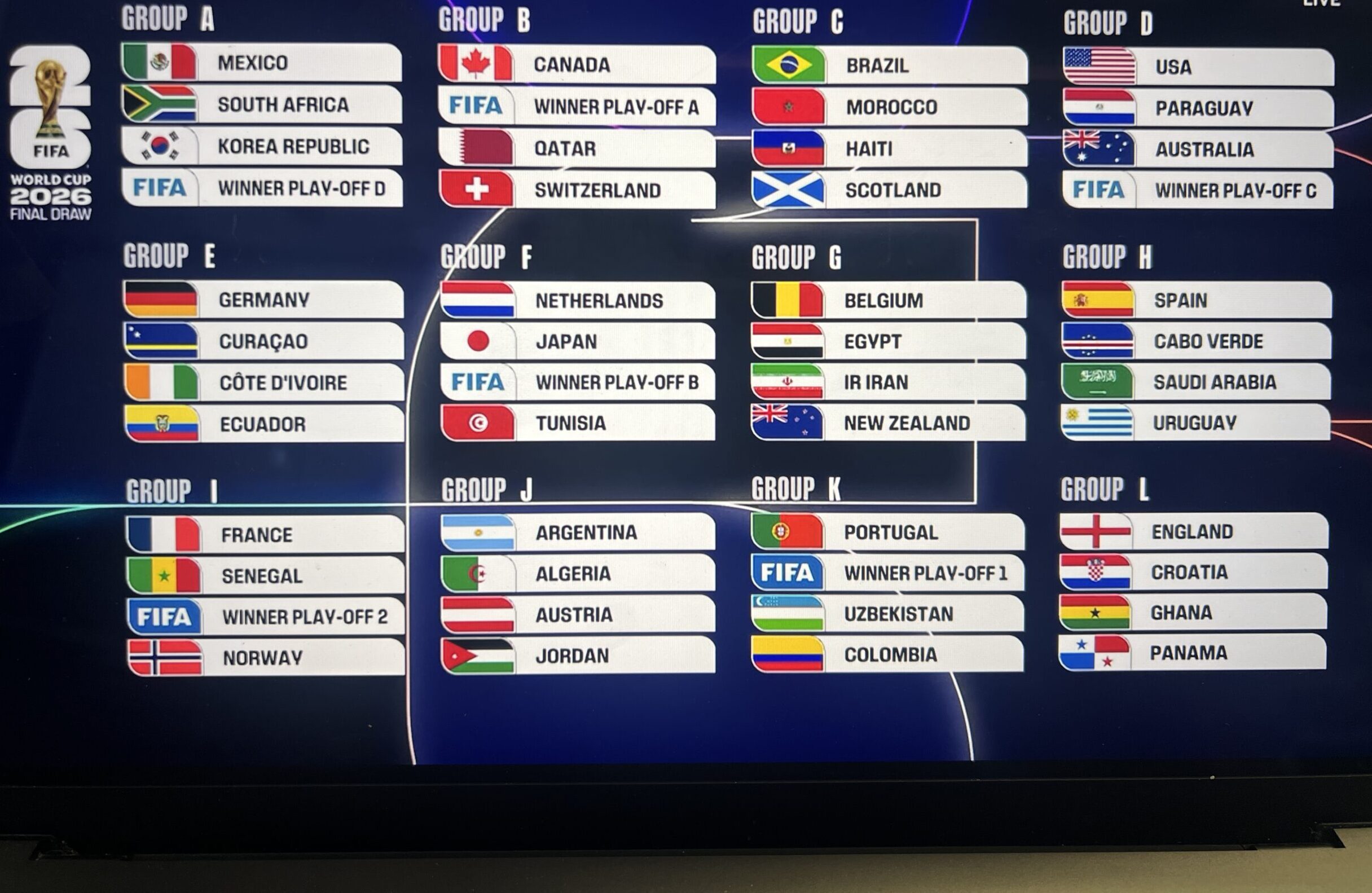By Jeff Kassouf
Last weekend’s MLS Cup, won 3-1 by the Columbus Crew, was one of the better MLS cup finals in recent history – on the soccer field that is.
Off the field, however, things were rather disastrous. A poor national television rating was well below what should be expected from a championship event. Perhaps worse were the hundreds of noticeably empty seats scattered throughout the Home Depot Center.
What Players Have Won the Most MLS Cups?
On the biggest day of the year for Major League Soccer, those who were tuning in were treated to a seemingly sparse crowd on the camera side of the stadium. Even though the game was listed as a sell-out, hundreds of tickets were left unsold on sites such as StubHub and Ebay for costs of next-to-nothing. Tickets with an asking price below $10 – for a championship event may I remind you – were not even bought.
Clearly there is a significant problem if the ultimate event of the year has such a low demand for its tickets. The timeframe of the game is not the greatest, with kickoff being mid-afternoon on the East Coast and early afternoon on the West Coast. But the game time has been the same for a while now, and the issue of changing that is more in the hands of ESPN/ABC rather then Major League Soccer.
For this particular case, the argument could be made that the draw to see a Columbus-New York game simply was not there. The real problem, however, was that there was no real draw to see a Columbus-New York game in Los Angeles.
Imagine if this game was played in Crew Stadium in Columbus, with the Crew naturally hosting as the higher seed. The game would have been a guaranteed sell-out, and Columbus would have been celebrating its championship in front of all of its raucous fans.
Instead, the Crew did so in front of a mostly cleared-out Home Depot Center that was never full to begin with. The passion that would have filled Crew Stadium would have been electrifying, as it was for the Eastern Conference final (though that admittedly did not sell out).
So, Major League Soccer, why not get rid of the pre-determined neutral site for MLS Cup?
Imagine a place like Toronto, Houston, or DC hosting a cup final as the home team. All of these teams have overwhelming support and it would only improve in such a situation. Under such circumstances, the Dynamo would have won its past two titles at home in front of its various supporters groups.
Obviously, there are also some potential downfalls to such an idea. The first of which may be a logistical problem with only having a week to prepare for a final. However, the World Series, the NBA Finals, and the NHL Stanley Cup Finals are all played at home sites (although in a series situation, not a single game), and they do fine with handling everything that goes into setting up a championship event.
Some critics may also feel that it is not the case that a crowd will always show up, and that markets such as Colorado, Dallas, and even New York do not have enough of a regular following to guarantee such monetary success in a final.
Look no farther then 2002 to find a counter-argument to this. In this given year, MLS Cup was scheduled to be played in Foxboro, MA, home of the New England Revolution, who just happened to make the final.
In 14 home games that year, the Revolution averaged 16,927 fans per game, good enough for fifth among all of the MLS teams. A MLS Cup-record crowd of 61,316 turned up at Gillette Stadium to see the Revs take on the Los Angeles Galaxy. Though LA ultimately won the game on a Carlos Ruiz goal in overtime, over three times the amount of usual attendees turned up for the game.
With New England not exactly being Miami, there is also proof here that weather is not as large of a factor as some may believe. The game report says that the temperature was 56 degrees on Oct. 20, 2002, and MLS Cup is now played about one month later in November.
Regardless, the signs are still there that Major League Soccer can handle placing its final at the site of the higher seed. The league has progressed enough and is able to handle large-scale, effective marketing techniques through its right-hand-man Soccer United Marketing.
Fans and infrastructure have also simultaneously proved their worth. Reports out of Seattle expect the Sounders to sell out every game in 2009 – their first season – after selling over 18,000 season tickets so far.
Philadelphia’s will soon enter the league with its own stadium, and in about a year the most cavernous, black hole of a MLS stadium (Giants Stadium, home of the Red Bulls, in case you were wondering) will be vacated for Red Bull Arena. Therefore, there really is no argument that implementing this plan would put the quality of the game at risk.
If Major League Soccer would like to stop being embarrassed by empty seats at its championship game in a stadium that only holds 27,000 people, maybe it will consider adopting a plan such as this.
All teams could be required to submit temporary event plans, logos, marketing ideas, and other information in case they do end up hosting the event. That way, all parties are prepared, and when one of the teams does finally host the event, it is rewarded for being the higher seed through its fan support and monetary gains from the event. After all, doesn’t the higher seed deserve it anyway?
Jeff Kassouf is a staff writer for The New Paltz Times and a freelance writer who covers soccer, and can be reached at: jeffkassouf@yahoo.com














